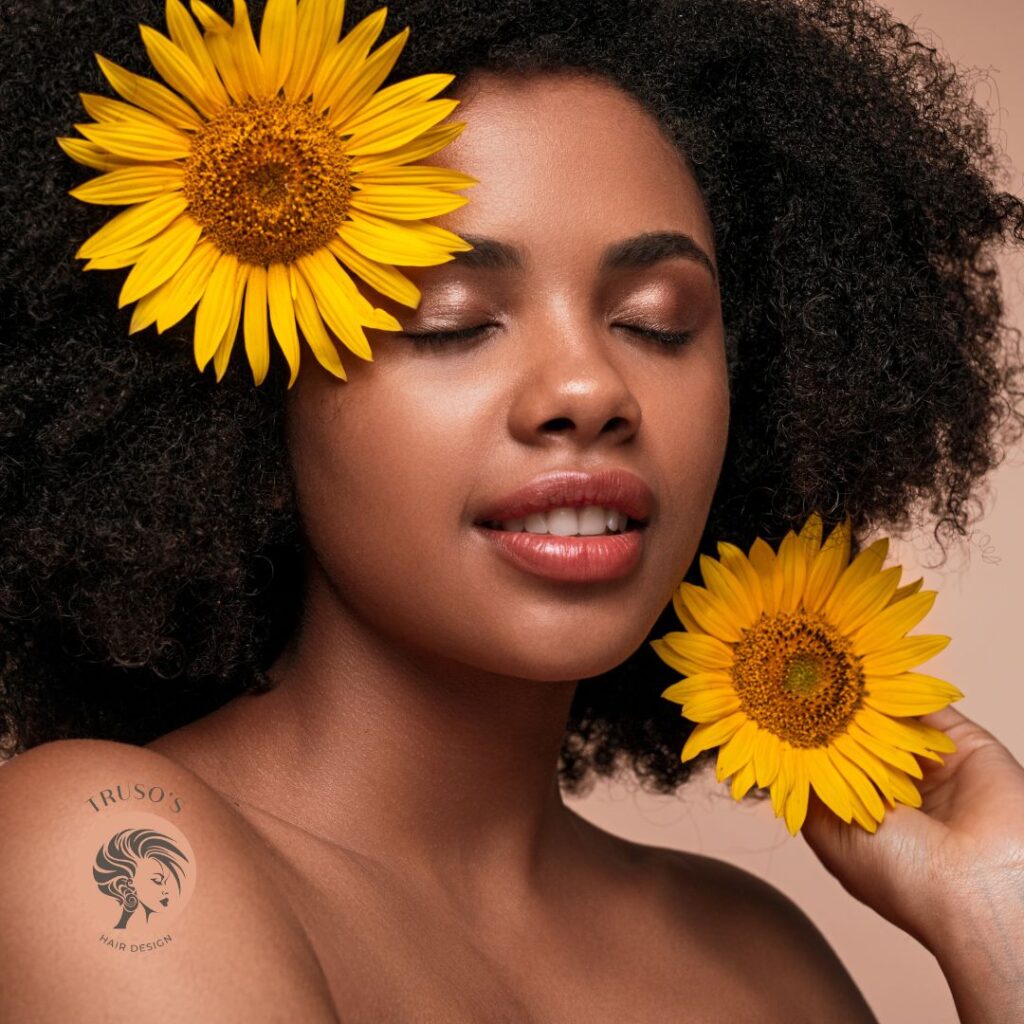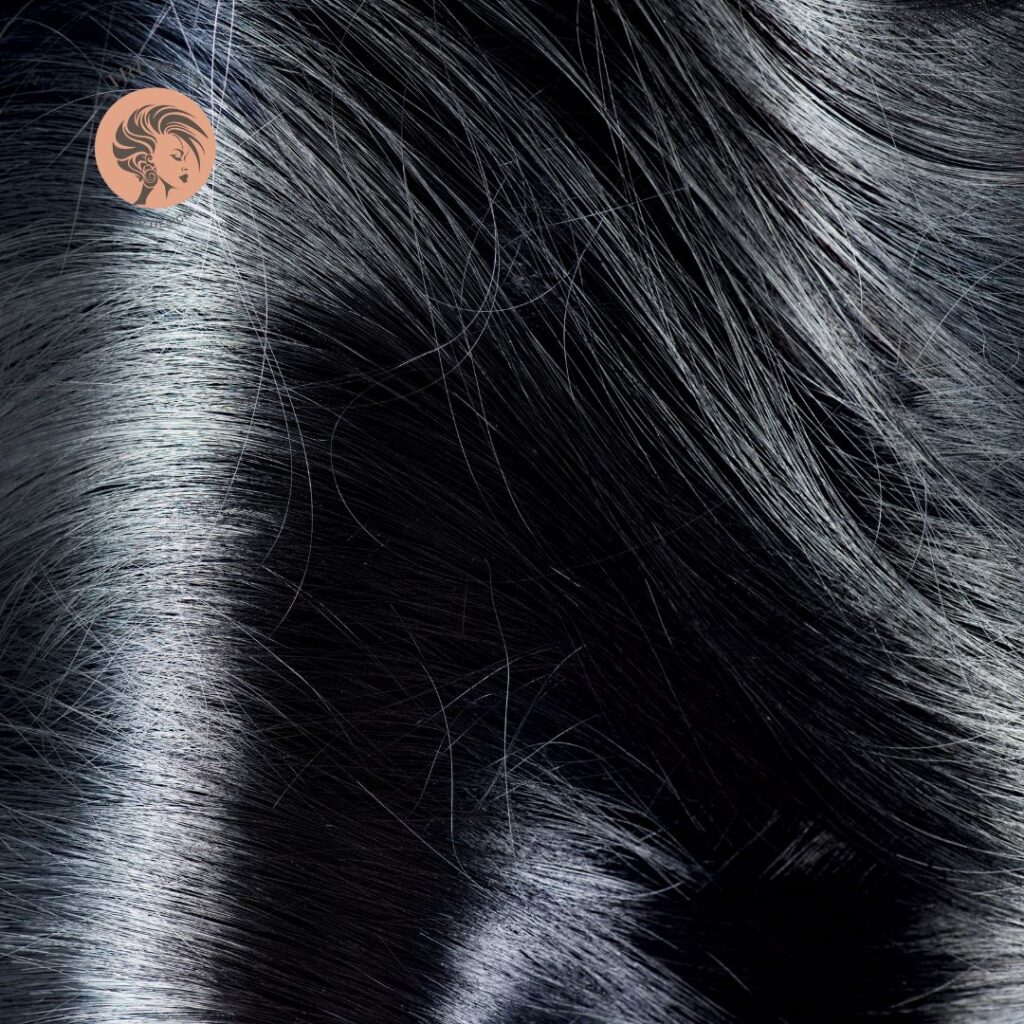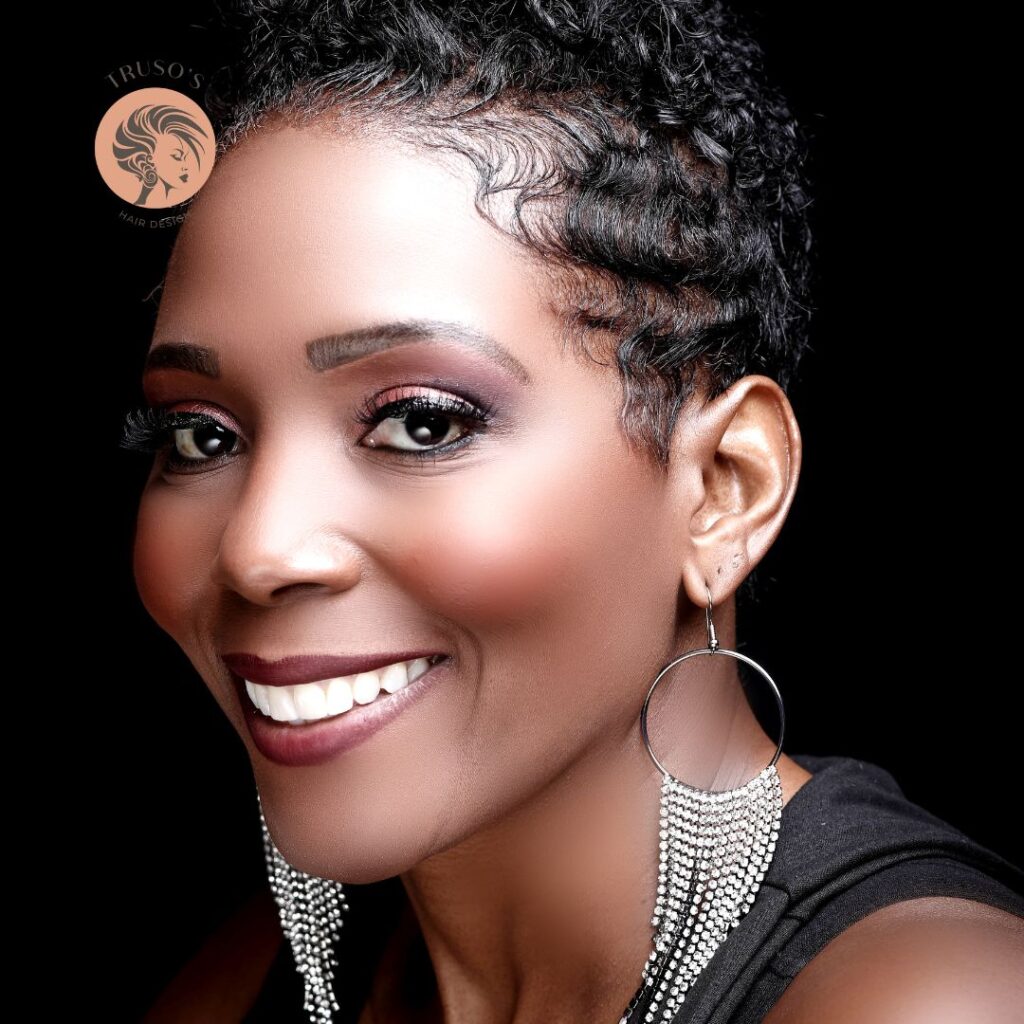What Cultures Have Natural Black Hair?
Natural black hair is a significant aspect of identity and heritage for many cultures around the world. It represents more than just a physical characteristic; it often reflects deep-rooted traditions, pride, and the history of people’s ancestry. In this blog post, we will explore various cultures that embrace black hair culture and its significance in their communities.
Understanding Black Hair Culture
Black hair culture encompasses the hairstyles, care practices, and the social meaning attached to natural black hair. This culture is intertwined with self-expression and often challenges societal standards of beauty. For individuals with natural black hair, it is a source of pride and a way to celebrate their uniqueness, while also confronting the historical implications of beauty standards imposed by Western cultures.
African Cultures
Many African cultures celebrate natural black hair as an integral part of their identity. Each ethnic group often has specific hairstyles that carry unique meanings. For example, the Himba people of Namibia adorn their hair with ochre and fat, signifying beauty and status among their tribe. Similarly, the Fulani women are known for intricate braiding patterns that can denote marital status or social standing.
The significance of these hairstyles extends beyond aesthetics; they connect individuals to their heritage, family lineage, and cultural practices, forming a collective identity. In many African societies, maintaining natural black hair is a symbol of resistance against colonial influences that sought to marginalise African beauty standards.
The African Diaspora
As a result of historical events such as the African slave trade, many individuals with natural black hair can be found throughout the Americas, the Caribbean, and beyond. In these regions, black hair culture has evolved, establishing a deep connection with resilience, pride, and heritage.
For African Americans, natural black hair has gained renewed appreciation through the natural hair movement, which advocates for embracing one’s kinks, curls, and coils. This movement challenges long-standing beauty norms and encourages individuals to take pride in their natural texture, promoting a sense of community and empowerment.
Indigenous Cultures
Indigenous groups worldwide also exhibit a strong connection to natural black hair. For instance, Native American tribes often consider hair a sacred part of their identity, representing strength, pride, and spirituality. Hairstyles can reflect a person’s age, gender, or status within the tribe, and many Indigenous communities actively preserve their traditional hairstyling techniques, often passed down through generations.
Additionally, many Indigenous Australians celebrate their natural black hair through traditional practices, often intertwining hair care with cultural rituals that signify unity and identity. Such practices contribute to a rich tapestry of black hair culture across different nations and continents.
Asian Cultures
While black hair might not be as prevalent physically in many Asian cultures, there are communities with deep ties to black hair culture. For example, the minority groups of China, such as the Yi and the Miao, often have natural black hair, adorned with intricate hairstyles reflecting their cultural narratives and traditions.
Moreover, the acceptance and celebration of black hair culture are growing in Asian urban centres, where individuals are increasingly showing solidarity with Afro-centric styles such as braids and afro puffs as a form of respect and appreciation for diversity.
Global Trends and the Influence of Black Hair Culture
Black hair culture is gaining global significance, influencing various fashion and beauty trends. On social media platforms, natural hair influencers promote authenticity, encouraging people to embrace their natural textures and colours. This cultural exchange has helped to break down stereotypes and encourage appreciation across diverse communities.
In fashion and entertainment, natural black hair takes centre stage, challenging conventional beauty ideals. Celebrities like Lupita Nyong’o and Janelle Monáe are champions of black hair culture, showcasing the beauty of curls and kinks, thus encouraging a broader acceptance of diversity in hairstyle choices.
Final Thoughts
Natural black hair is deeply rooted in many cultures and has become a powerful symbol of identity, pride, and self-expression. From African and Indigenous communities to the African diaspora, the ways in which cultures engage with black hair culture are as rich as they are varied. As society continues to embrace diversity, it is essential to appreciate and respect these cultural expressions that make up the global tapestry of beauty. Embracing natural black hair is not just a personal choice, but a celebration of heritage and an act of solidarity in the face of historical challenges.
Visit our blog page for more articles




